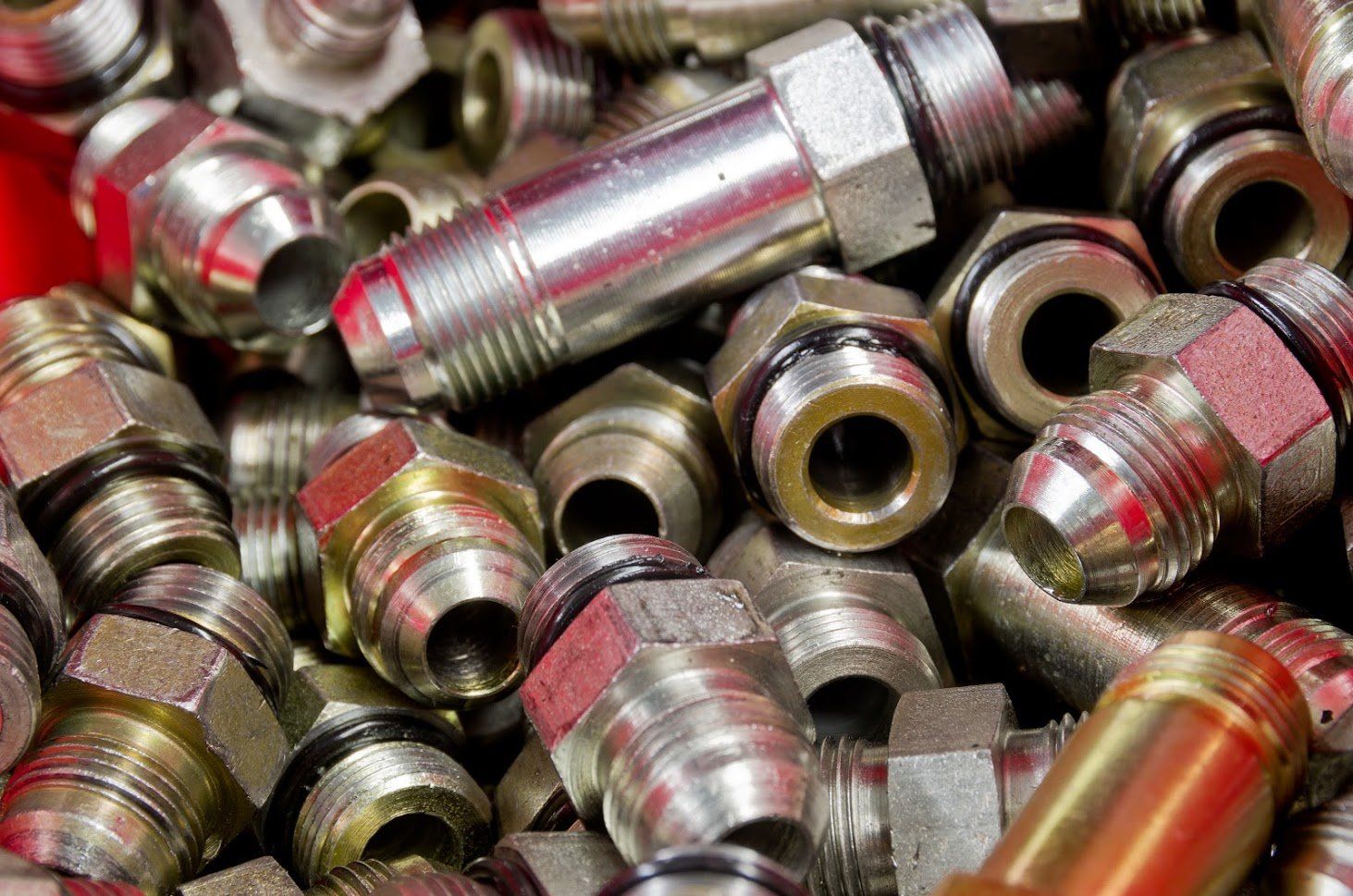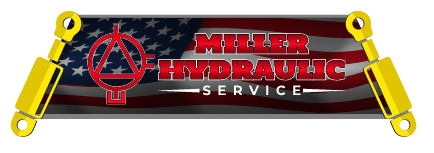4 Modern Techniques for Preventing Hydraulic Hose Leaks

Leaking hoses are a common issue in hydraulic systems. Because these hoses transport pressurized fluids across many different environments, you may experience challenges such as excessive vibration, hose misalignment, and contamination. The good news is that hydraulic hose technology has come a long way over the years. As a result, you now have access to advanced tools and resources that can help prevent hydraulic hose leaks.
Discover four useful techniques for addressing leaking hose issues and preventing equipment downtime.
1. Monitor the Electrical Conductivity of Your Hose
In the past, hydraulic hoses were primarily for safety, durability, and cost-effectiveness. Technical advancements in hydraulics have now opened the door for unique and dynamic hose designs. With a stronger link between hose functionality and fluid dynamics, you can install hoses specifically for transporting the fluid systems in your equipment.
For example, some hydraulic hoses need electrical conductivity to drain static electricity and optimize fluid movement. Other hydraulic systems need to be poor conductors to limit the flow of current and prevent electrocution. You now have the option to install sensors on your equipment to monitor electric conductivity in real time. If the electric current is too high, you can drain the excess through grounding, thus ensuring equipment safety.
2. Practice Preventative Maintenance
Preventative maintenance has become the gold standard for maintaining industrial equipment. Rather than waiting for your machines to break down and cause downtime, preventative maintenance involves proactive detection and fixing issues before they become worse.
So how can you implement such a strategy for your hydraulic hoses? Begin by tracking the key performance indicators (KPIs) for your equipment. KPIs may consist of mechanical loads, fluid transportation times, or hose temperature. When you notice that your hoses have reduced performance, consider scheduling on-site maintenance.
A reputable hydraulic repair service can inspect your tubes, fittings, pumps, and valves for any potential issues. And by addressing the problem early, you'll avoid equipment downtime and bottlenecks in productivity.
3. Install Hoses Compatible With Your Equipment
Hydraulic hose compatibility is a significant predictor of safety and performance. However, standardized guidelines for hydraulic hoses only provide general information for hose dimensions and performance. If you want to get the best out of your equipment, consider additional compatibility factors.
Start by checking the entire design of your hydraulic hose, including the inner, middle, and outer layers. All three layers should be compatible with the transported fluid and the movement of your equipment.
In addition, flexible machines such as cranes need robust hoses that withstand high pressure and abrasive conditions. If you're in the oil or agricultural sector, consider double-wire hoses braided from steel for more durability. Matching your hose type to your equipment environment optimizes productivity and reduces maintenance costs.
4. Install the Correct Hose Length
Selecting a hose of the correct length is not necessarily a new technique. Yet, modern hydraulic systems need complex hose assemblies that ensure optimal temperature, pressure, and electrical conductivity. Installing hoses of incorrect length may not only result in leaks, but you may also compromise workplace safety.
You have several ways to detect a lengthy hydraulic hose. For example, excessive vibration from metal components may indicate a long pipe that's causing unnecessary friction. On the other hand, a short hydraulic hose may result in loose hydraulic fittings, valves, and pumps.
Flexible and elastic hydraulic hoses are a useful solution for length issues. Elastic hoses that are compatible with your equipment will reduce excessive resonance and fluid leaks. Furthermore, your team will enjoy the noise reduction from smooth and efficient machines.
If you want to install, repair, or maintain your hydraulic hoses, the experts at Miller Hydraulic Service, Inc., are ready to help. We service a wide range of hydraulic systems for individual and commercial clients without compromising quality. Call today.





